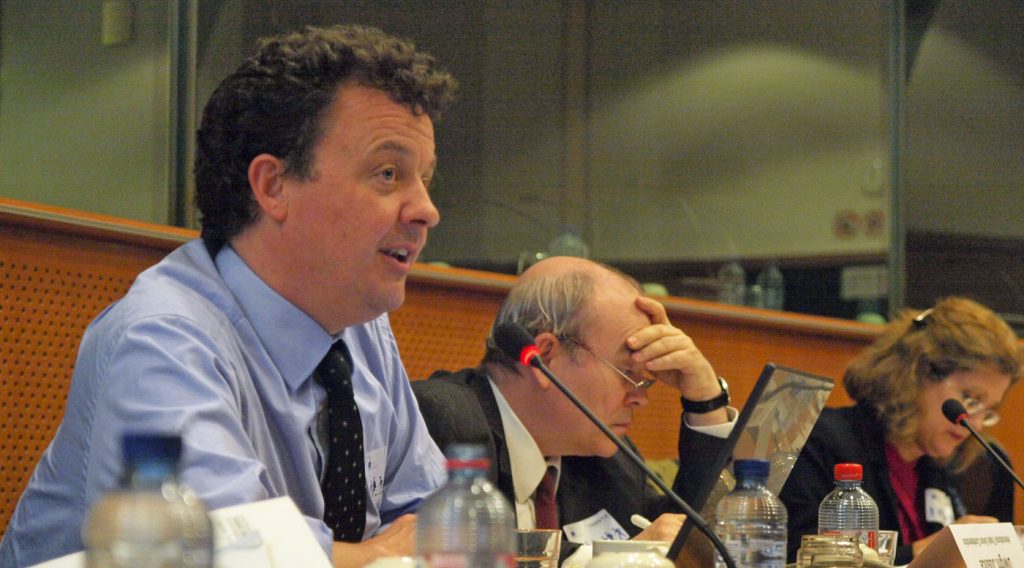Getting companies to report on their use of resources, like materials, water, land and carbon, as well as their impacts upon human rights, will help move Europe towards a resource efficient future that benefits people and planet. This was the message of a debate organised on Tuesday by the European Coalition for Corporate Justice (ECCJ) and Friends of the Earth Europe.
The debate brought together a broad range of stakeholders to discuss the European Commission’s proposals for Non-Financial reporting, which could ensure companies report the complete story of their environmental and social impacts.
Many in the meeting welcomed the Commission’s proposals, but felt that several shortcomings needed addressing. Jerome Chaplier of ECCJ said “the debate is no longer about whether we need to regulate but what sort of regulation we need. The tragic incidents in Bangladesh and Pakistan have highlighted the plight of those hidden in the global supply chain and companies can no longer ignore their responsibilities to these people.”
This reflected ECCJ’s demand that companies should report the potential impacts of their activities on human rights, resources and communities, across their complete supply chain.
MEP Sirpa Pietikäinen said the Commission must ensure there is a standardized reporting technique to allow consumers and shareholders to compare organisations and products. Greater standardization would help prevent non-financial reporting becoming window dressing, backed by legislation that would enforce compliance by challenging misleading or incomplete reports.
The environmental benefits of resource reporting were clear as Dr. Michael Warhurst of Friends of the Earth Europe said: “reporting on resource use is win, win, win. A win for companies who can save money and resources, a win for investors through more efficient firms and a win for society with greatly reduced environmental impact and materials wastage.”
Margaret Wachenfeld of the Institute for Human Rights and Business pointed to recent examples of the land grabs in Uganda where palm oil plantations are pushing communities from their land, and demonstrated the importance of non-financial reporting in preventing this.
Audrey Gaughran from Amnesty International suggested that business was exaggerating potential costs and complexity to avoid compliance and that this reporting would actually help diligent firms to share data and knowledge already collected in the course of normal business decision making. Steve Waygood of Aviva Investors said increasing numbers of investment decisions were informed by analysis of non-financial performance.
The European Parliament recently acknowledged that the global economic crisis arose from fundamental errors with respect to transparency, accountability and responsibility and from short-termism. ECCJ calls on the EU to ensure lessons are learnt by all and that respect for international human rights and environment standards are beyond short term profit and part of a company’s licence to operate in the society; their violation should not provide a competitive advantage to careless companies.







